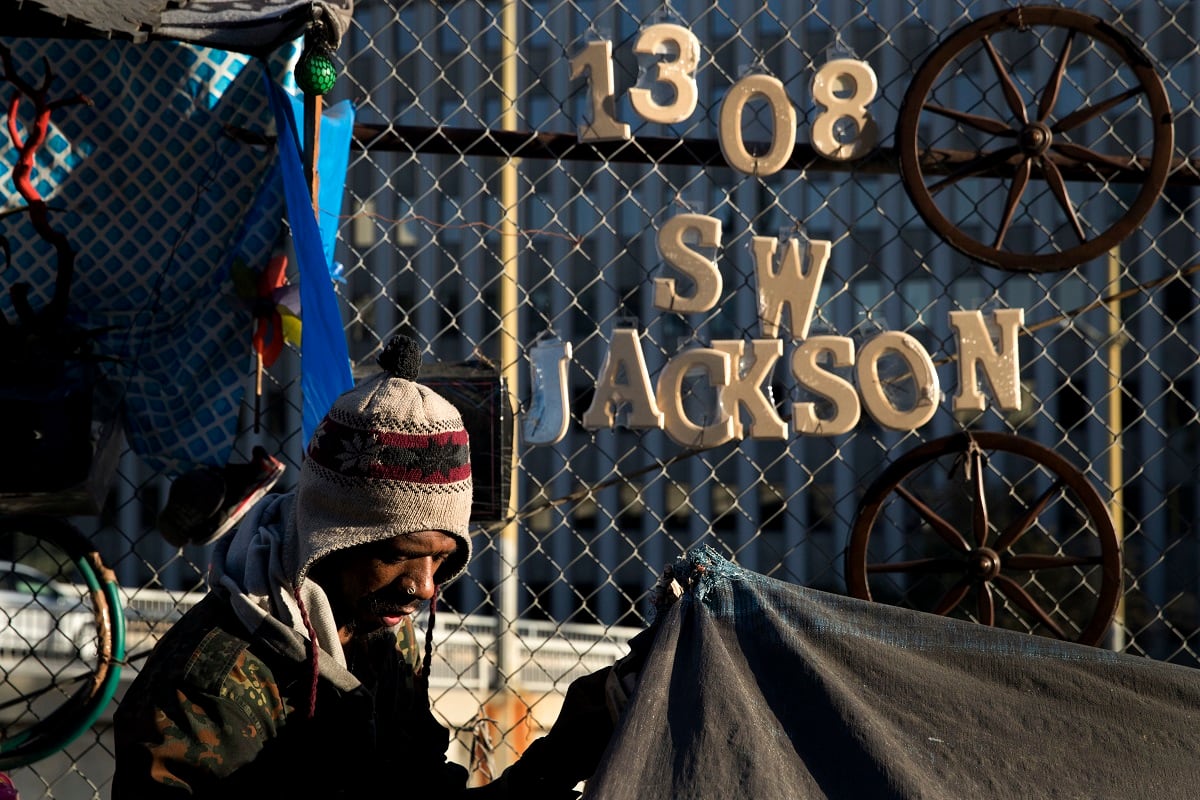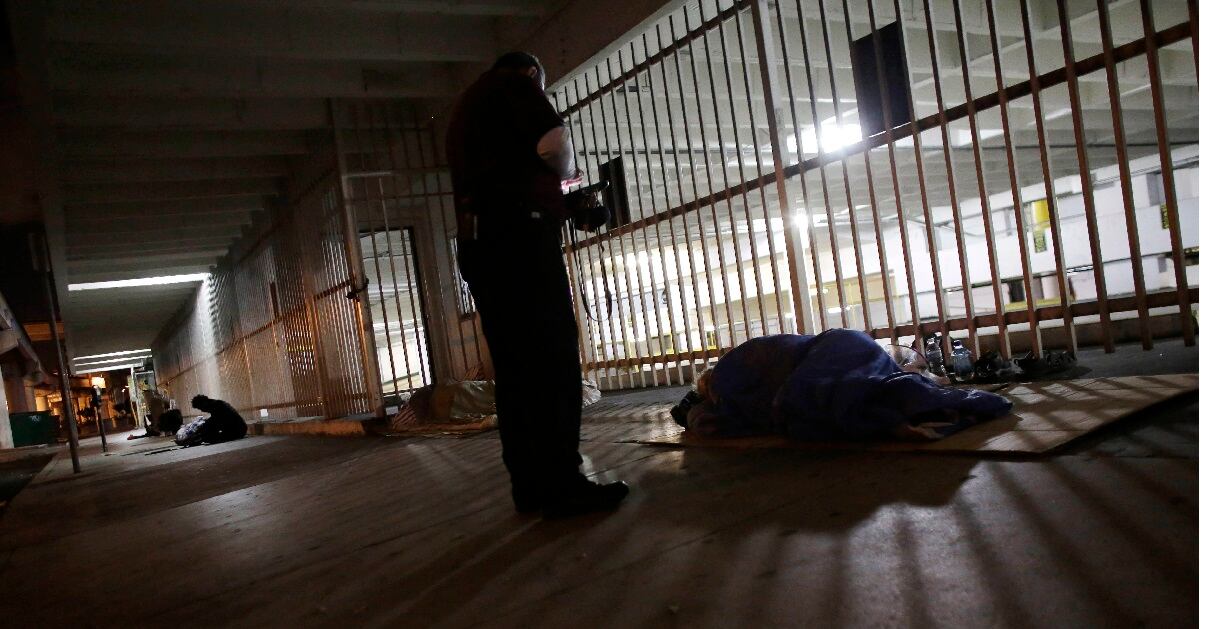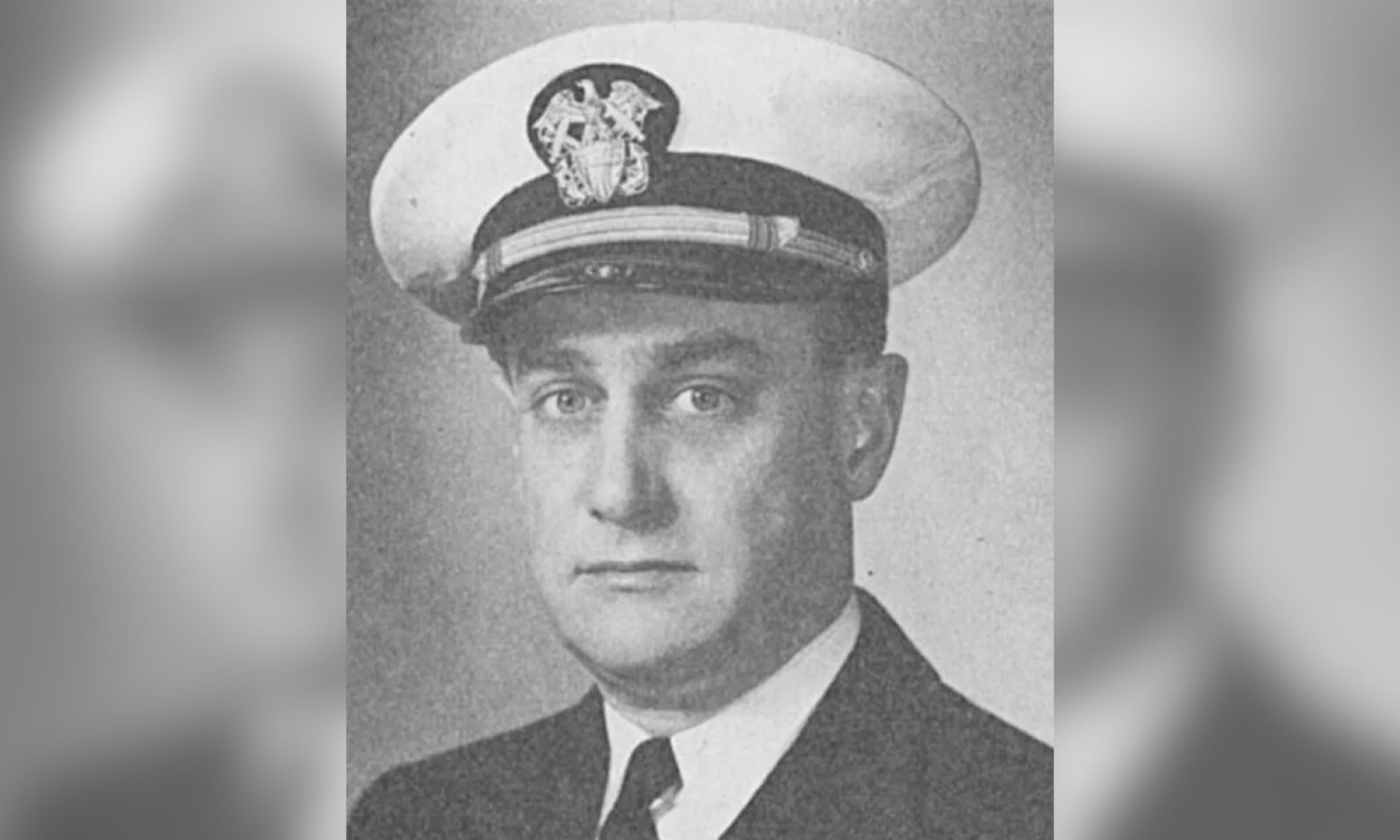WASHINGTON — After the first increase in annual homeless veterans estimates in seven years, the leaders of Veterans Affairs and Housing and Urban Development say they are confident in improvements made on the issue in recent months.
“Across the country in general, we’re getting a lot more proclamations about the end of homelessness, not just veterans homelessness but homelessness in general” said HUD Secretary Ben Carson in an interview with Military Times on Wednesday.
“Then you have big urban centers like Los Angeles, Seattle and New York which can really skew the numbers. But we’ve seen progress there as well.”
Exactly how much progress won’t be known for a few more weeks, when federal officials release their annual point-in-time count statistics, the standard by which many advocates judge how effective their efforts to help destitute veterans have been.
RELATED

This year’s data will be particularly significant because the 2017 release showed the first increase in the number of homeless veterans in seven years. The estimate of 40,000 veterans was up less than 2 percent from the previous year’s figures, but still represented a disappointing setback for groups who had seen historic progress in the recent past.
The 2018 homeless estimate (based largely on data collected in January and earlier) will also be the first to fully encompass the policies of President Donald Trump. Both Carson and VA Secretary Robert Wilkie said they are confident the administration is on the right track, refining existing assistance programs while expanding into even more community partnerships.
“We still have to get our arms around how to get as many people into the system as possible,” Wilkie said in the interview. “But there are certain states — Delaware, Connecticut — where the governors will tell you they no longer have a veterans homeless problem. So that is the good news."
On Wednesday, the two Cabinet officials toured the Washington, D.C., VA Community Resource and Referral Center, the type of facility both men say will be key in preventing homelessness and providing assistance to veterans taken off the streets.
The center — one of 31 spread across the nation — is not a shelter but does provide mental health, benefits and occupational assistance as well as showers and laundry services for veterans in the area.
The secretaries said partnerships between federal facilities like those centers and local charities create a network that can help veterans avoid living on the street.
“You can track a lot of these problems to a lack of mental health care,” Wilkie said. “That is where I want to make our resources more robust … For our particular population, because of the unique nature of their lives and service, it’s absolutely vital we improve that.
“We hear about telehealth, but I need people on the ground too. We have social workers here who have mental health training. We need more of that.”
The two departments on Wednesday announced the latest round of HUD-VA Supportive Housing grants to 212 public housing agencies, expected to help house more than 4,000 veterans over the coming year.
RELATED

The program has been praised by both government officials and outside advocates as a critical tool in the effort to help those veterans by giving money directly to local charities. More than 93,000 vouchers have been awarded over the last decade, helping find permanent homes for 150,000 individuals.
The secretaries also announced a $7.4 million boost to the Veterans Housing Rehabilitation and Modification Pilot Program launched earlier this year, which assist disabled veterans who need to make modifications to stay in their homes, thereby preventing them from ending up without reliable housing.
Wilkie said boosting mental health and other support services will similarly stem problems before they arise. Carson said he is focused on finding ways to “incentivize (cities) to remove the barriers to building affordable housing,” and creating more options for low-income families.
“Providing housing alone doesn’t work,” he said. “Providing wrap-around services alone doesn’t work. But when you provide both, (veterans) stand a very good chance of achieving their goals.”
Leo covers Congress, Veterans Affairs and the White House for Military Times. He has covered Washington, D.C. since 2004, focusing on military personnel and veterans policies. His work has earned numerous honors, including a 2009 Polk award, a 2010 National Headliner Award, the IAVA Leadership in Journalism award and the VFW News Media award.





